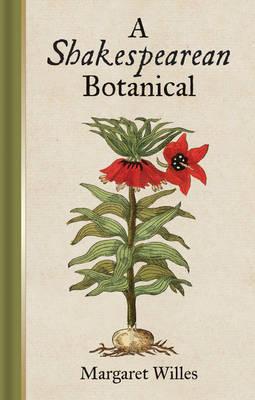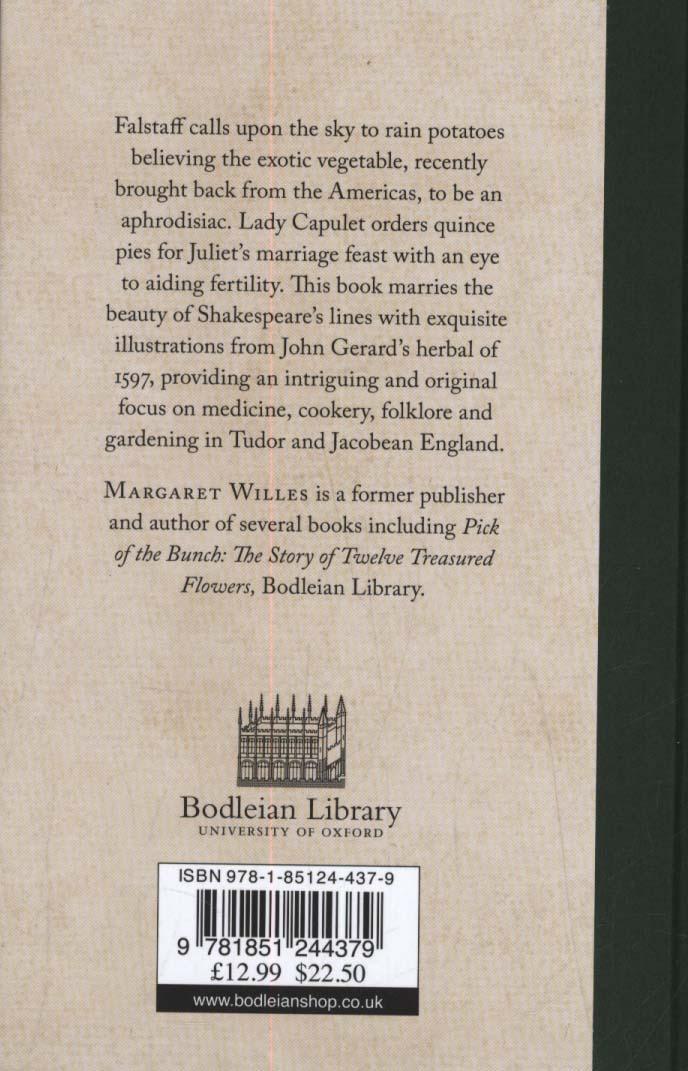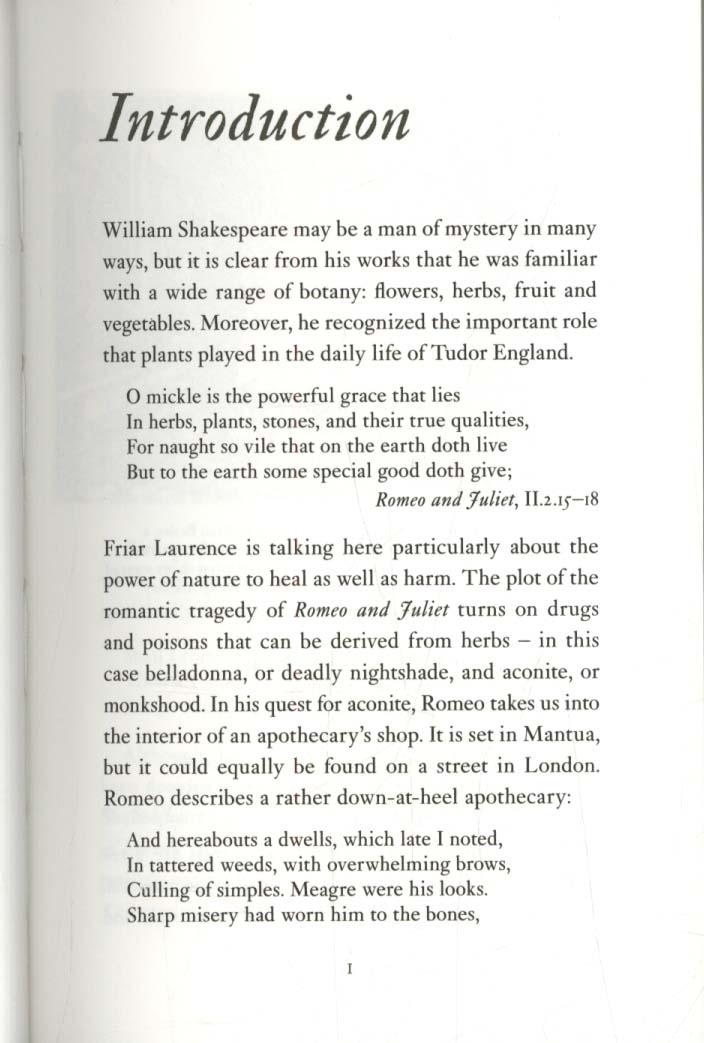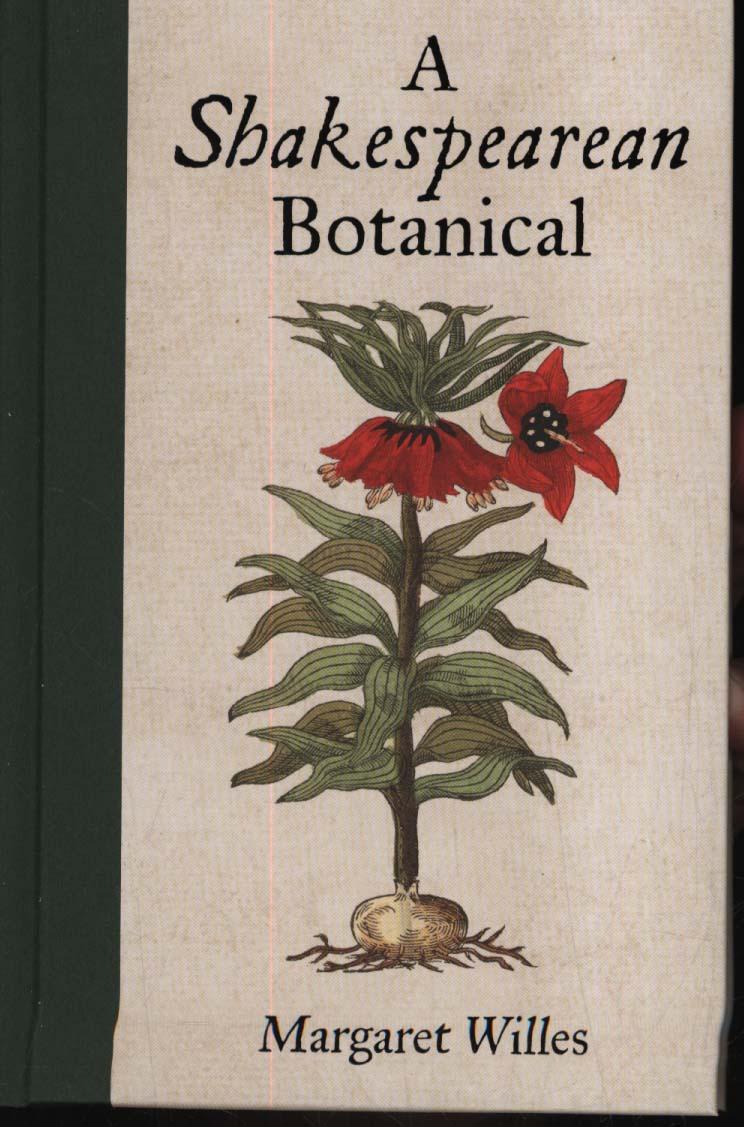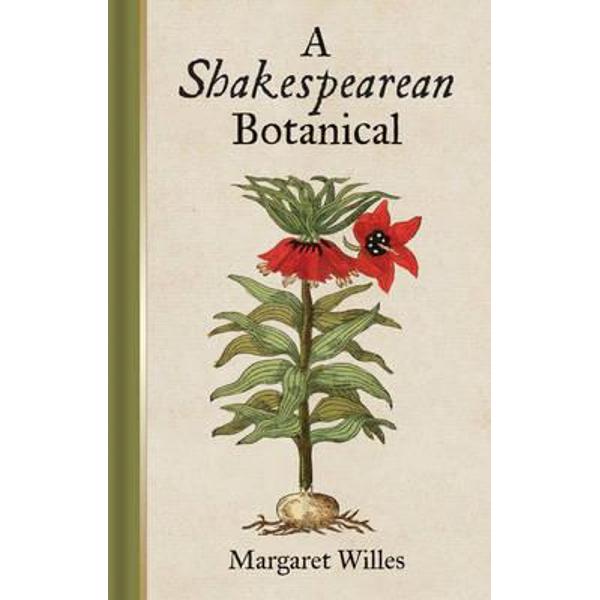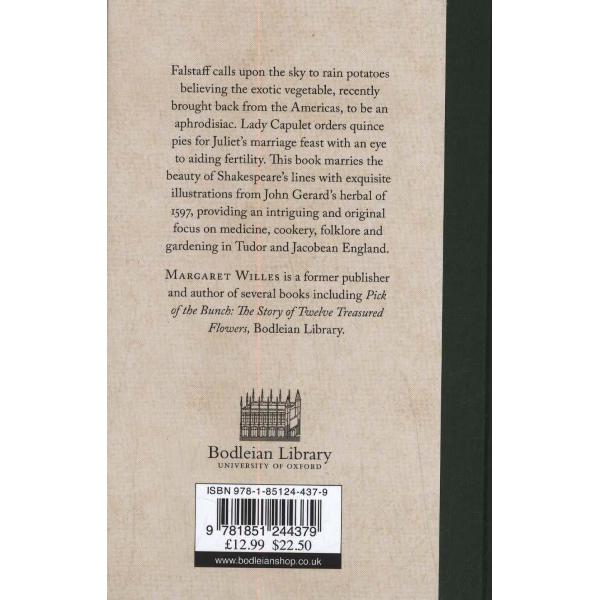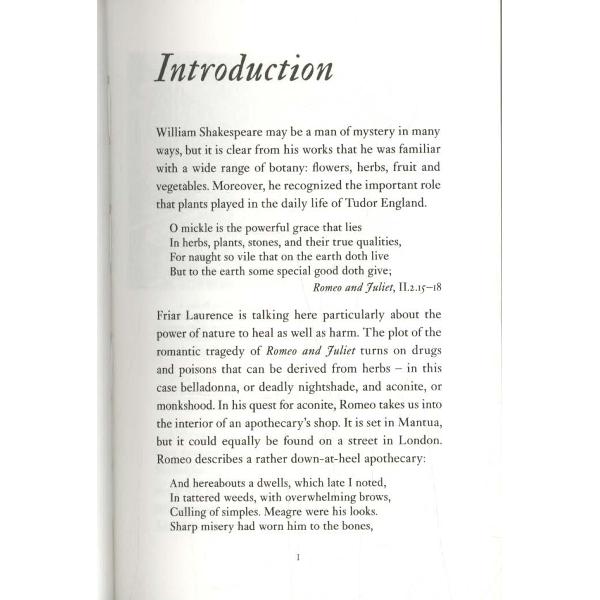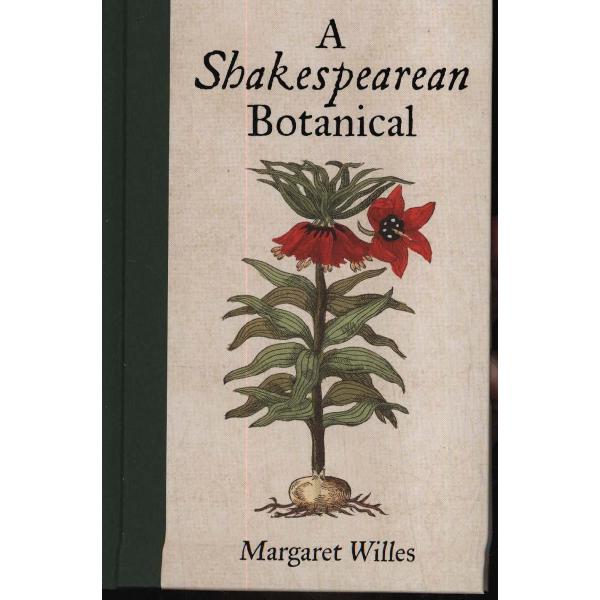Shakespearean Botanical
Shakespearean Botanical
Taking fifty quotations centring on flowers, herbs, fruit and vegetables, Margaret Willes gives these botanical references their social context to provide an intriguing and original focus on daily life in Tudor and Jacobean England, looking in particular at medicine, cookery, gardening and folklore traditions.
Exquisitely illustrated with unique hand-painted engravings from the Bodleian Library's copy of John Gerard's herbal of 1597, this book marries the beauty of Shakespeare's lines with charming contemporary renderings of the plants he described so vividly.
PRP: 101.32 Lei
Acesta este Prețul Recomandat de Producător. Prețul de vânzare al produsului este afișat mai jos.
91.19Lei
91.19Lei
101.32 LeiLivrare in 2-4 saptamani
Descrierea produsului
Taking fifty quotations centring on flowers, herbs, fruit and vegetables, Margaret Willes gives these botanical references their social context to provide an intriguing and original focus on daily life in Tudor and Jacobean England, looking in particular at medicine, cookery, gardening and folklore traditions.
Exquisitely illustrated with unique hand-painted engravings from the Bodleian Library's copy of John Gerard's herbal of 1597, this book marries the beauty of Shakespeare's lines with charming contemporary renderings of the plants he described so vividly.
Detaliile produsului








